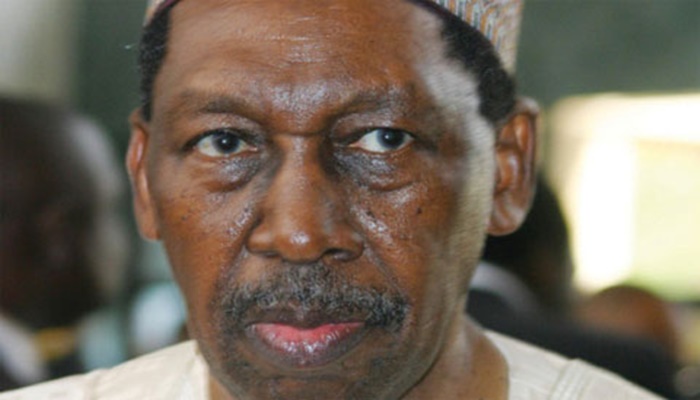President, Manufacturers Association of Nigeria (MAN), Dr Frank Jacobs Udemba, has reacted to the recent statement of the Finance Minister, Mrs Kemi Adeosu that Nigeria would be out of economic recession before the end of the year, saying that to come out of the recession, manufacturing must be prioritised.
He said the government has a big role to play in the manufacturing sector and has to create the needed enabling environment, an operating environment that can attract investors.
Udemba stated this in a telephone interview with Business247 News Online in Lagos. The President noted; “Each time our members approach banks for forex as regards the 60 per cent forex allocation policy recently announced by the CBN, they tell us that CBN has not released any forex to them. Most of the policy statements made by the government were achieved as a result of the interactions between MAN and the government.
“Getting out of recession in December like the government said; recession is deep rooted, I guess it will stay till the first quarter (Q1) of 2017, though, positive growth has been recorded in agriculture.
“MAN has done a lot in sensitising the public on buying made in Nigeria goods and we signed MoU with the Ministry of Industry, Trade and Investment which has helped to drive the made in Nigeria goods campaign and we expect the Federal Government to launch the compendium.”
“The industrial sector, especially the manufacturing sub-sector, should be strengthened by removing all obstacles restraining the growth and competitiveness of the sector such as the indiscriminate changes in the Monetary Policy Rate (MPR) which changed as many as four times between 2014 and July 2016, with its distorting effects on the economy; the exclusion of 41 items, some of which are essential raw materials, from the official forex market as well as failure to synchronize monetary and fiscal policy actions.
“This will enable the sector to be optimally productive and play its expected role of employment generation, capital mobilisation, wealth creation and technology acquisition.
Reduction of the MPR and by implication, other rates especially refinancing and bank lending rates, as the inflationary situation in the economy may not be purely a monetary phenomenon, but could also be a result of output gap created in the real sector; Creation of special funding windows for the manufacturing sector, in view of its long-term gestation period, should be given serious consideration.”
He urged the government to encourage export of manufactured and other non-oil products as a way of boosting foreign exchange earnings for the country as well as activate automatic stabilisers especially for the industrial/manufacturing sector.
He pointed out that the review of the Export Expansion Grant (EEG), which has been going on since 2014 should be concluded so as to make the incentives available to exporters as a way of encouraging export, maintaining that it would allow the payment of import duties and Company Income Tax (CIT) with the existing Negotiable Duty Credit Certificate (NDCC).
He called tor downward review of taxes (Corporate Income Tax, Value Added Tax, and Personal Income Tax) as the country has gone into recession with growth of the productive sector being significantly negative, stressing that consumption has whittled down as a result of inflation.
Udemba stressed that any further tax increase will crowd out more investments in the sector. Instead, suggesting that the current Tax-GDP Ratio of 12 percent which is below the World Bank Benchmark of 18 percent may be raised by widening the tax net and ensuring that all taxable individuals and entities are covered.
Also speaking to Business247 News Online on the state of manufacturing, Austin Laz Asimonye, Managing Director, Austin Laz & Company PLC, said; “My own assessment of the manufacturing in the country is that Nigeria had improved; but now, the Nigerian manufacturing has gone 30 years behind, in term of industrial development between last year (2015) and now (2016).
“This is because of the economic recession primarily. This is as a result of the forex situation, power situation, and the security situation. Industries are closing in their numbers every day, and we have been managing to survive because the problem has become overwhelming.
“Now we can’t buy machineries and it is very difficult to buy raw materials, manufacturers are facing difficulties in accessing raw materials, forex is not available.
“I doubt if the government has any solution to the economic recession. I am yet to see any industrial policy, if you have seen any, tell me? How much has the manufacturers benefitted in the recent time.
There is no viable industrial policy as far as am concerned, and if manufacturers have benefitted, to what percent have they benefited? Any meaningful government should have asked to know why manufacturers are not benefitting from the industrial policies frame work, if any. They ought to have found out why manufacturing is not growing, what are the causes, is it the fault of the manufacturers or the government. These and many other questions needed to be addressed.”





































